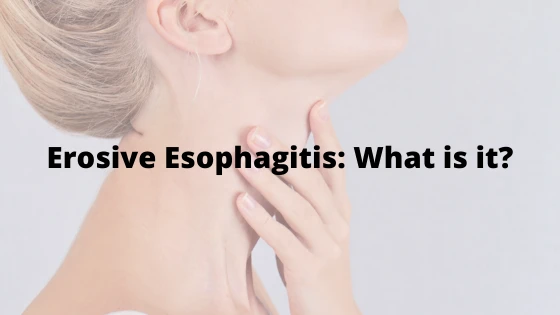Erosive esophagitis is a severe form of gastroesophageal reflux disease (GERD, or acid reflux) in which the lining of the esophagus is damaged by the backup of reflux, or stomach acid. Once the esophagus is eroded, it can take 6 to 9 months of treatment for it to fully heal.
Erosive esophagitis is caused by acid reflux, which is the biggest thing to look out for. Other signs and symptoms of erosive esophagitis include:
- Difficulty or pain when swallowing
- The sensation of something being stuck in the back of your throat
- Burning feeling in your throat
- Chest pain
- Heartburn
- Hoarseness
- Chronic cough
- Blood in vomit
If you’re concerned that you may have erosive esophagitis, check out these risk factors that may contribute to the likelihood of you developing it:
- Weight
- Age
- Smoking and drinking habits
- Over consumption of NSAIDs
Common treatments for erosive esophagitis include:
- Acid reduction medications to treat GERD
- Steroids for inflammation
- Pain medication
If you have erosive esophagitis, a clinical trial might be able to help. Learn more by entering your information:

